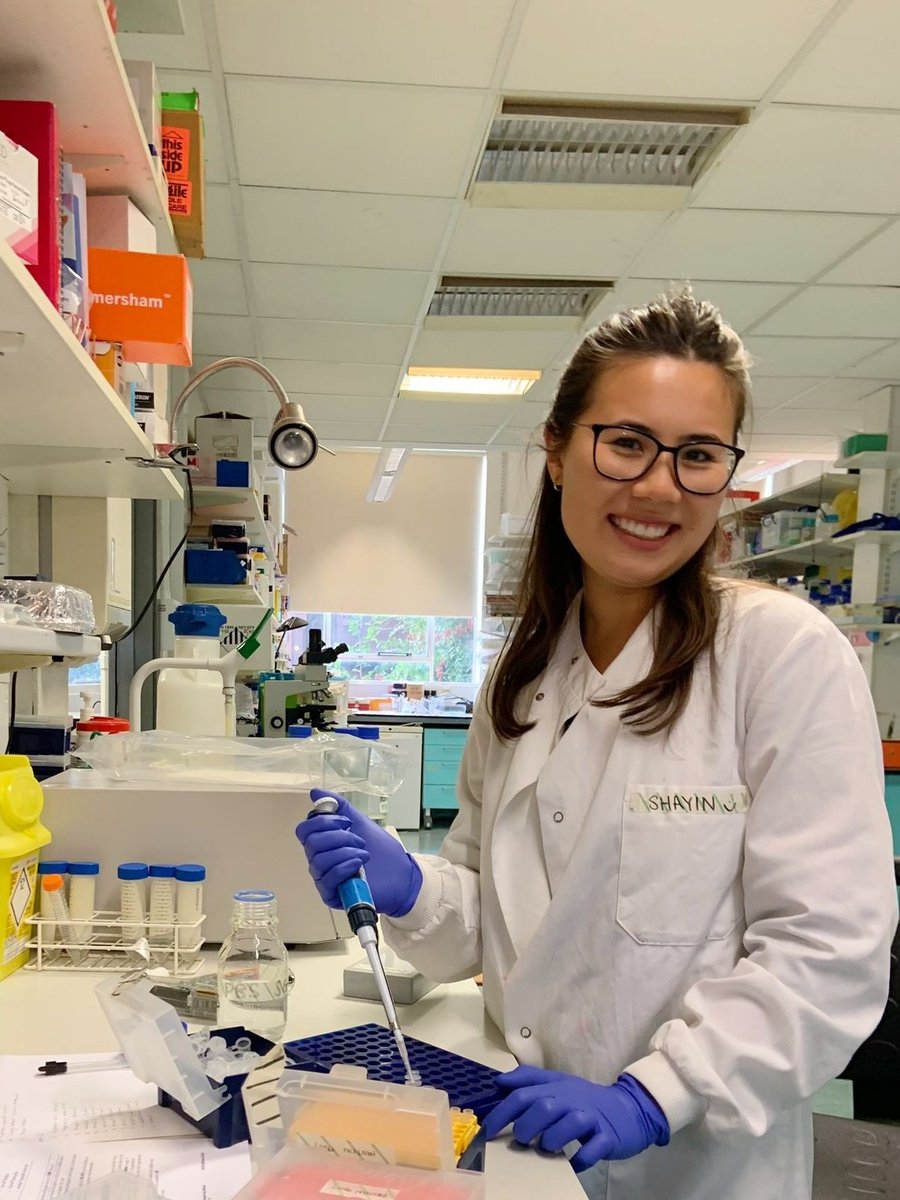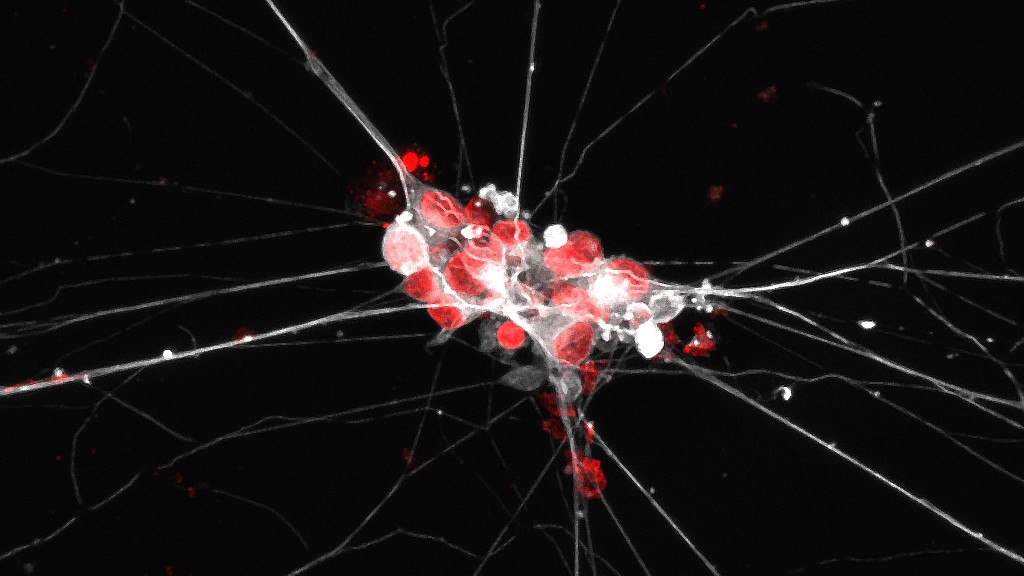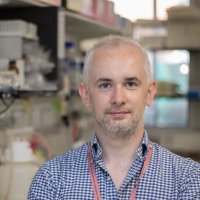
Edward Carter
@ecarter3d
Cancer biologist. Lecturer @LifeScienceBath. Use 3D cell culture models to explore how pancreatic tumours interact with nerves.
ID: 1222204062839595008
28-01-2020 17:05:47
25 Tweet
84 Followers
91 Following

We are hiring! As part of a recently awarded Programme Foundation Award Science and Innovation at Cancer Research UK we have 3 5-year postdoc positions available 🥳. The first position, suitable for cell biologists interested in cancer biology, is now advertised👇RTs are welcome🙏 webapps2.is.qmul.ac.uk/jobs/job.actio…

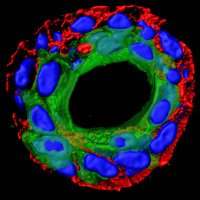

If you are interested in epigenetics, 3D models and breast cancer heterogeneity? Check out our available position at Imperial College London Surgery and Cancer! #breastcancer #postdocposition 🔬🧬 imperial.ac.uk/jobs/descripti…
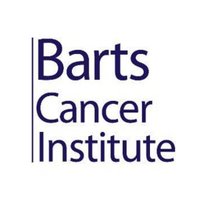

Researchers from BCI Barts and The London, Queen Mary, led by Dr Angus Cameron, have found a way to modulate the invasive behaviour of #PancreaticCancer by targeting a non-cancerous cell type called fibroblasts ⬇️ bartscancer.london/publications/2…
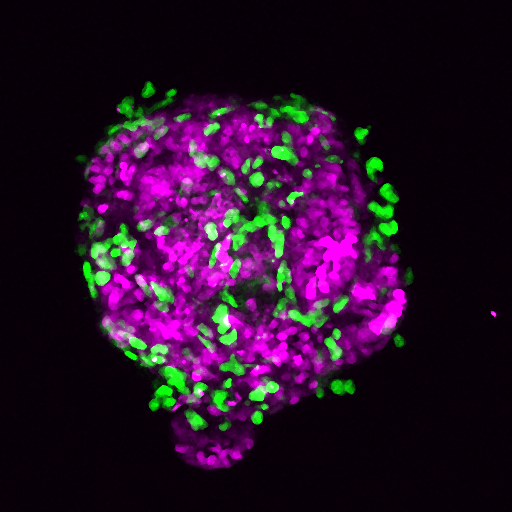

Join us 7th Sept for the final Organ-on-a-Chip Technologies Network symposium of the network funding period. We’ll be in person Barts and The London, Queen Mary Blizard Institute, with Lorna Ewart Emulate, Inc. keynote and a closing celebration. Online attendance also available. Register here! eventbrite.co.uk/e/organ-on-a-c…
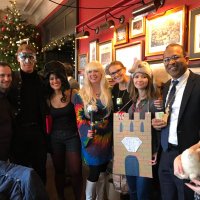
rdcu.be/cZnSS Excellent working together with Grose Lab. #teamwork with Abigail Coetzee Edward Carter and talented team of scientists. Funding support from PancreaticCancer Res Barts Charity Cancer Research UK.
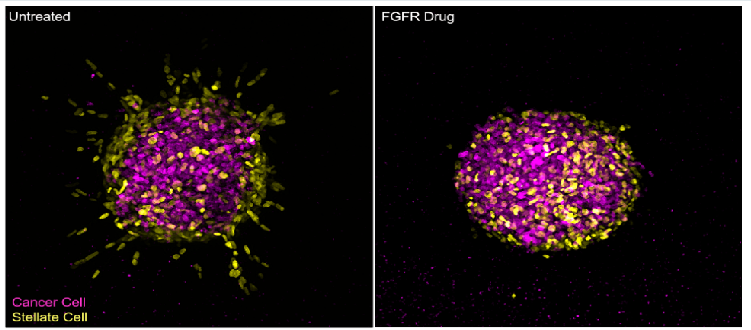

Researchers from BCI Barts and The London, Queen Mary Queen Mary University of London, led by Grose Lab KocherLab, have identified a new channel of communication through which non-cancerous cells drive the invasion of cancer cells in #PancreaticCancer Abigail Coetzee Edward Carter (1/4)
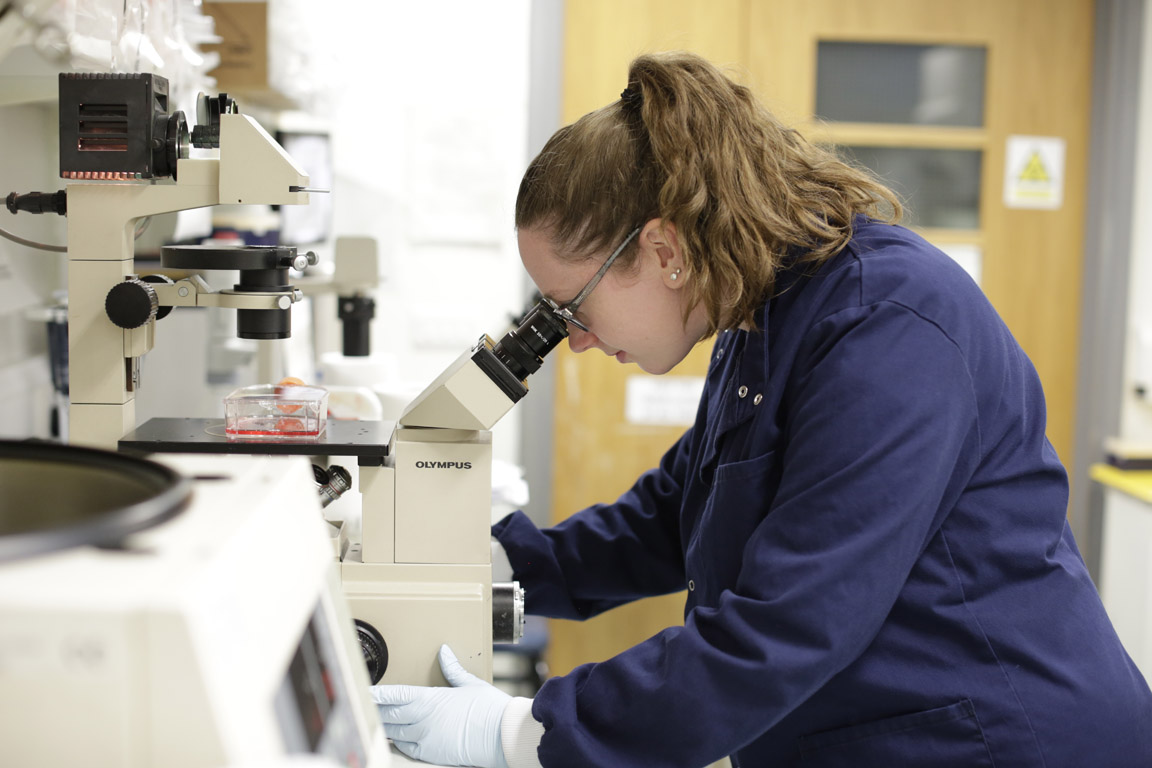
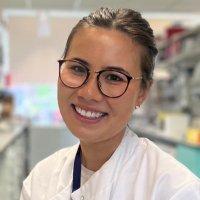
Very happy to see my review out in Trends in Cancer today! It highlights microenvironmental contributions to ductal carcinoma in situ progression, with an emphasis on identifying microenvironmental signatures for high-risk patients. cell.com/trends/cancer/…
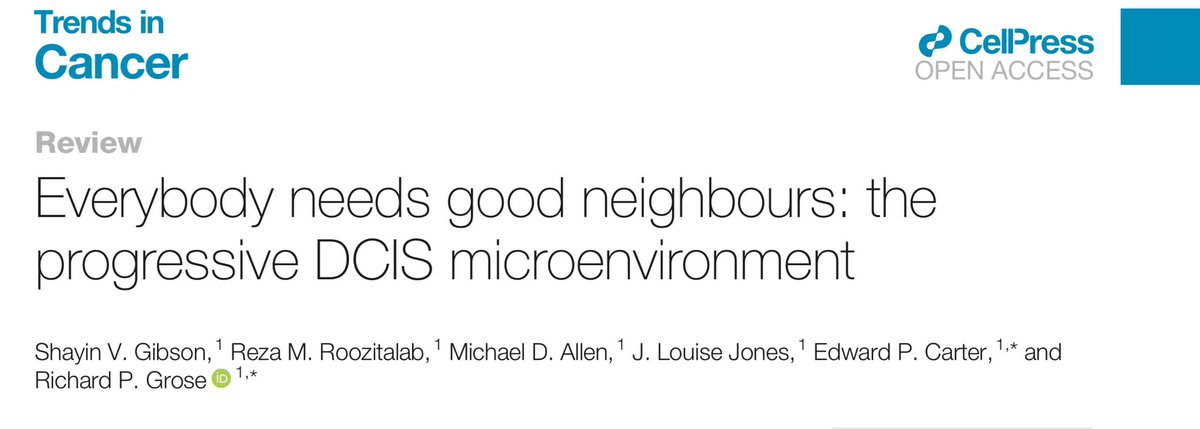

What an amazing feeling it is to see the work from my PhD published in npj Journals #breastcancer today! Big thanks to Richard Grose, Edward Carter & others for their support and also to Cancer Research UK for funding this work. Barts Cancer Institute (Queen Mary) Grose Lab nature.com/articles/s4152…

Check out our ‘Behind the Paper’ blog post on Nature #cancercommunity to find out more on our recent publication in npj Journals #BreastCancer! Barts Cancer Institute (Queen Mary) cancercommunity.nature.com/posts/tgf-medi…

From Richard Grose and co - how does the microenvironment contribute to progression from #DCIS to invasive ductal carcinoma #breastcancer cell.com/trends/cancer/…
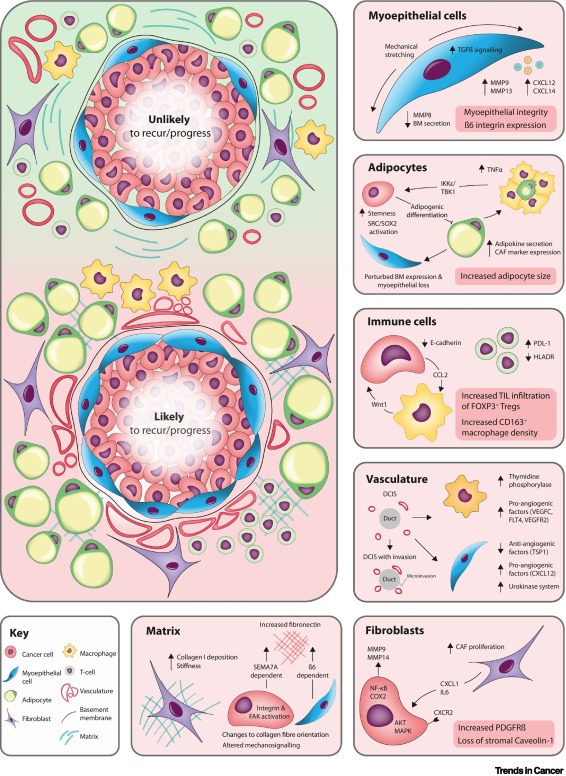

Congratulations to Dr Shayin Gibson on passing her viva yesterday Shayin Gibson ! A huge achievement and lovely to celebrate with everyone, including current Barts Cancer Institute (Queen Mary) members and some past Grose Lab members!
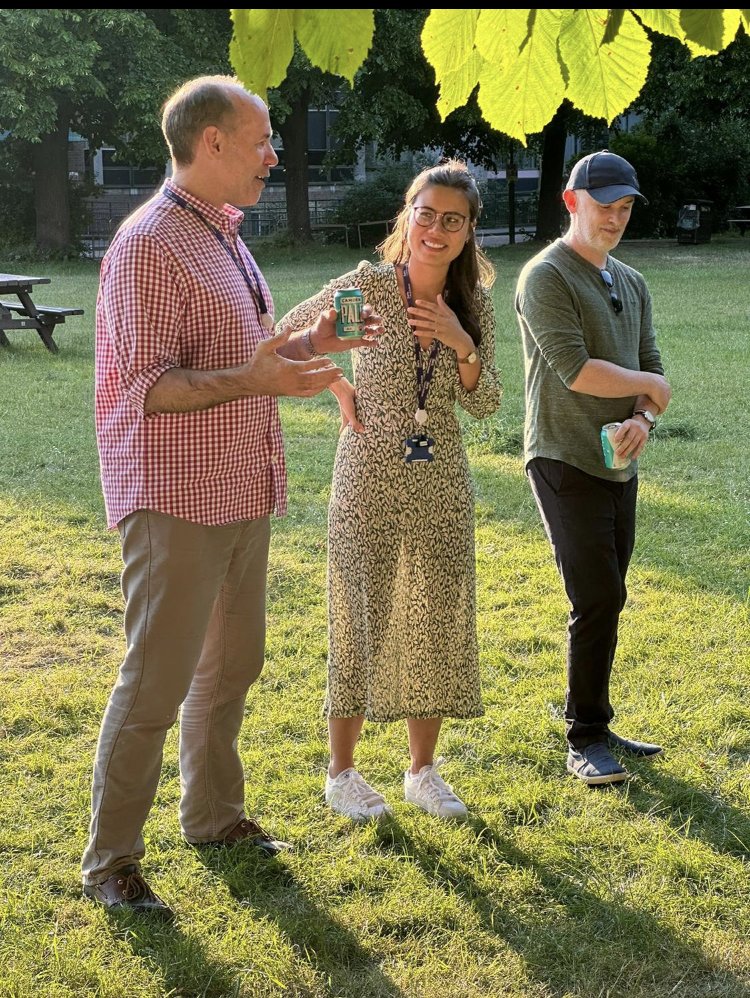



We spoke to Prof Richard Grose about Grose Lab's latest study, which uses mini-tumours to understand how #pancreaticcancer coerces normal cells to help it spread to other tissues. 📺 Watch the full video at: bartscancer.london/general-news/2… Barts and The London, Queen Mary | Queen Mary University of London | CRUKCOLcentre

